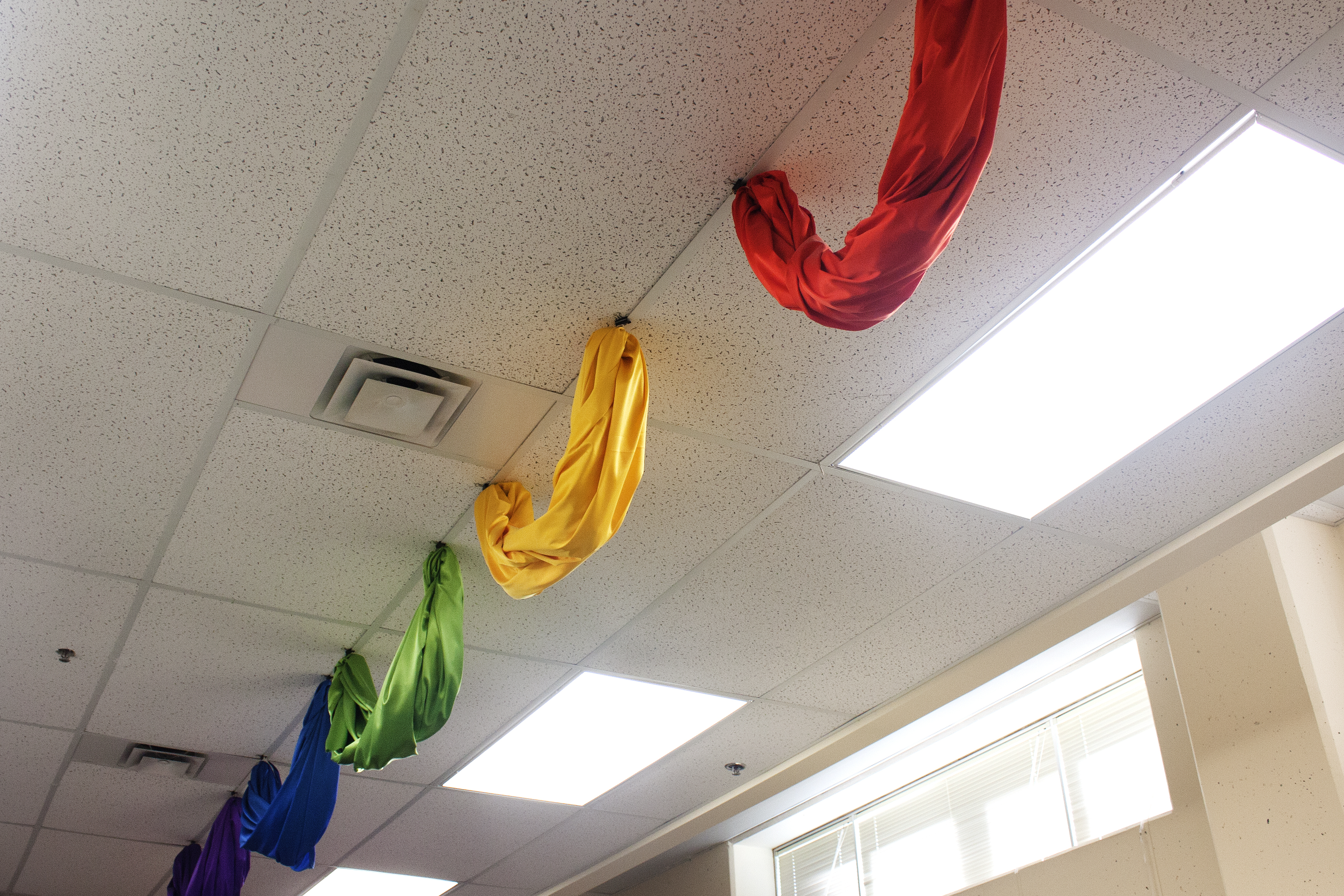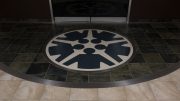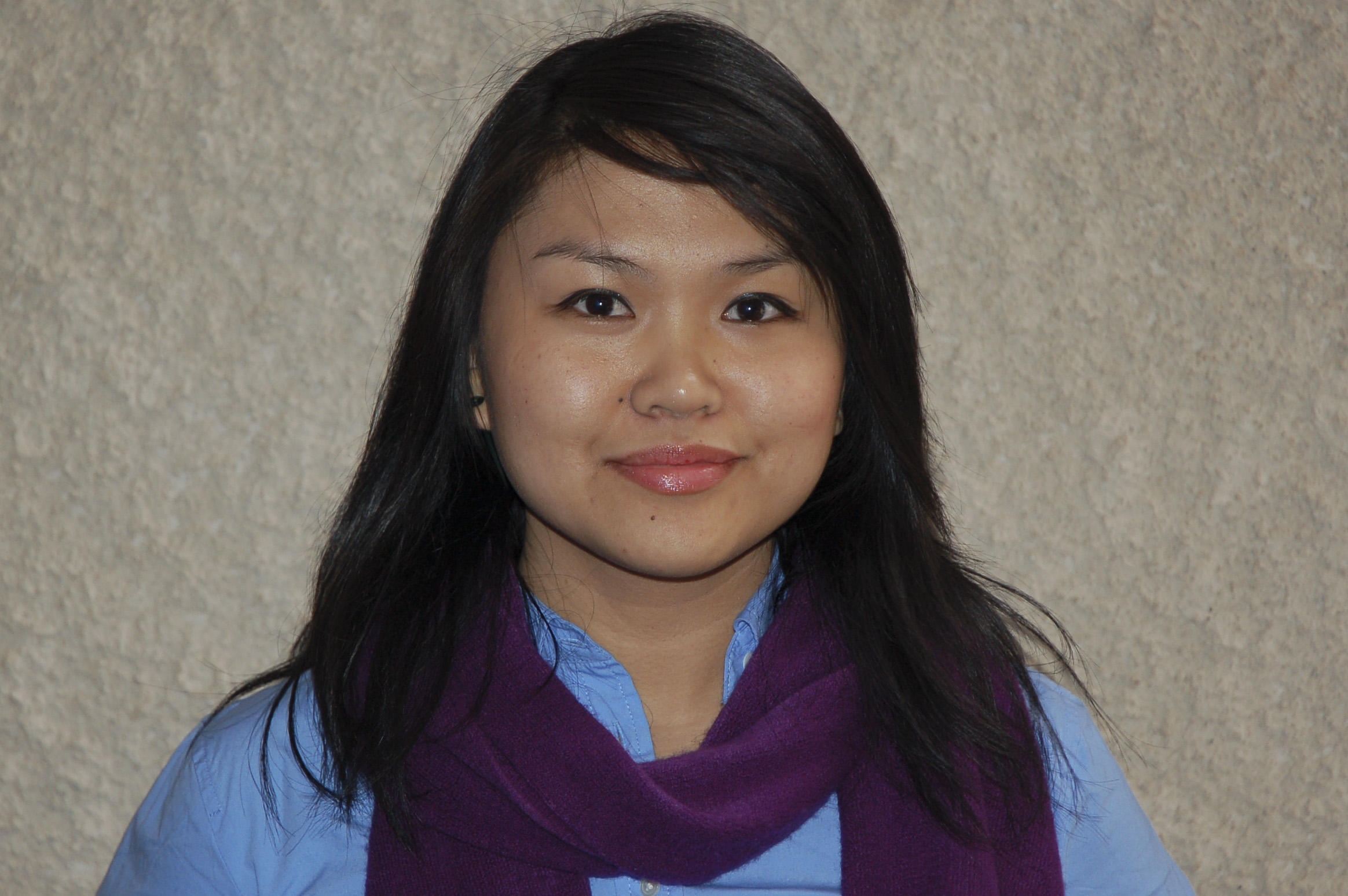The LGBTTQ* (lesbian, gay, bisexual, transgender, two-spirited, queer, and other gender minorities and sexual orientations) ally training workshop, hosted by a collaboration of service groups from on and off campus, has reached its maximum number of participants.
The Womyn’s Centre and Rainbow Pride Mosaic (RPM) worked together with the Rainbow Resource Centre to facilitate training, awareness, and education about issues faced by the LGBTTQ* community.
The ally training workshop is a two-part certification course taking place on Sept. 17 and 24 from 5-9 p.m.
Students must attend both dates to receive full certification.
The ally training event poster reads, “Upon completing 6.5 hours of ally training, individuals will receive [proof of certification].”
With 25 participants, the course reached the initial maximum capacity before the fall semester had officially commenced.
The maximum number of participants was later increased to 30. Womyn’s Centre co-ordinator Hira Sabzwari told the Manitoban that those extra spots were also quick to fill.
She said that even though the course is at capacity, she would strive to meet the needs of those who are still interested in attending.
Many people from different backgrounds attend for various reasons of personal and professional development, including students, volunteers, teachers, and medical professionals.
Sabzwari told the Manitoban that the purpose of the workshops are to welcome, support, and advocate for more open, inclusive, and safe environments for the LGBTTQ* community.
Participants are exposed to LGBTTQ* situations and issues faced in life and on campus. The course covers various topics for discussing safe space, how to be a better advocate, how to confront homo-negativity every day, and how to apply these in real-life contexts with family and friends.
Sabzwari explained that the content covered each time these training sessions were held depended highly on the facilitator and participants’ experiences.
“It provides an opportunity for diverse people to meet new people and gain new perspectives, and is more personalized to address campus-based issues.”
Steven Anderson, LGBTTQ* representative on UMSU Council, is another student who works closely with RPM and other students who identify as LGBTTQ* on campus.
He told the Manitoban that the ally training course content typically provides information about what is represented by each letter and symbol of the LGBTTQ* acronym, and about the daily struggles faced by people who identify as such.
For instance, he explained that those who identify as two-spirited encompass both male and female spirit. Some people lack support for and awareness, understanding, and acceptance of these types of concepts – whereas the ally training workshop provides opportunities to learn and apply this knowledge.
“To be an ally is to be supportive of the community and not be afraid to speak out.
“Part of that support is telling people when they’re being homo-negative or heteronormative,” Anderson said.
“A straight white guy on campus doesn’t [necessarily] understand what it means to be part of a minority that is constantly facing [oppression and struggles related to] homo-negativity, racism, and sexism.”
Rebecca Kunzman, UMSU vice-president advocacy, stressed that ally training is crucial and provides awareness and education to the public.
“The goal is to end oppression by supporting and advocating for people who are stigmatized, discriminated against, and treated unfairly,” Kunzman said.
“There is a huge stigma and a huge amount of misinformation about [LGBTTQ* people].”
Kunzman explained that based on different privileges, some people will not face stigma or understand systems of oppression. She said that privileges are something of our subconsciousness:
“[A privilege is] something that is inherent—you’re born with it—and something that you are not aware of unless you are stripped of that privilege. We need to continue remembering and being conscious of our privileges so that it manifests in our actions.
“We need to continually check that privilege.”
Kunzman explained to the Manitoban that UMSU’s role is to support and provide resources for these types of valuable personal and professional development experiences.
She said that the Womyn’s Centre, RPM, and Rainbow Resource Centre have the experts and the people, and UMSU has the resources, to meet people’s needs.
“We’d like to see these efforts continue [ . . . ] They’ve got the experts and the people and [UMSU is] here to provide the resources to ensure that it meets the maximum number of students as possible.”
Kunzman said, “If [the ally training certification course] is in fact at capacity, [UMSU] would absolutely look into hosting more sessions.”
Ally training workshops are organized based on interest and the number of requests received from inquiring students. Service centres will try to offer ally training sessions to match those requests. If you are interested in attending future ally training workshops, contact your Womyn’s Centre co-ordinator at womynscoordinator@umsu.ca, the Rainbow Pride Mosaic co-ordinator at rpm@umsu.ca, your UMSU LBGTTQ* Council representative at lgbttqrep@umsu.ca, or your UMSU vice-president advocacy at vpa@umsu.ca





